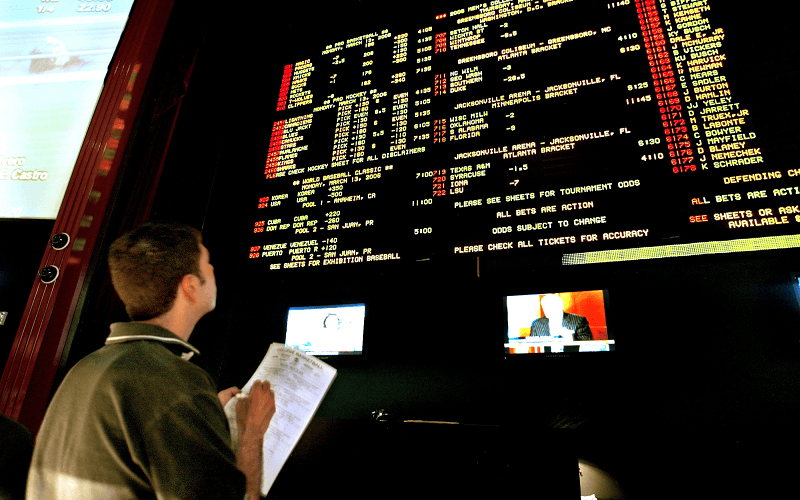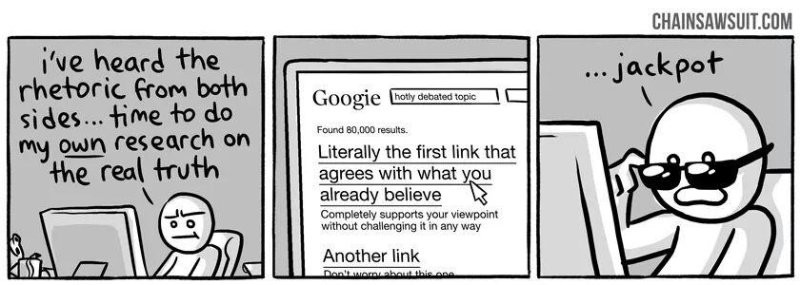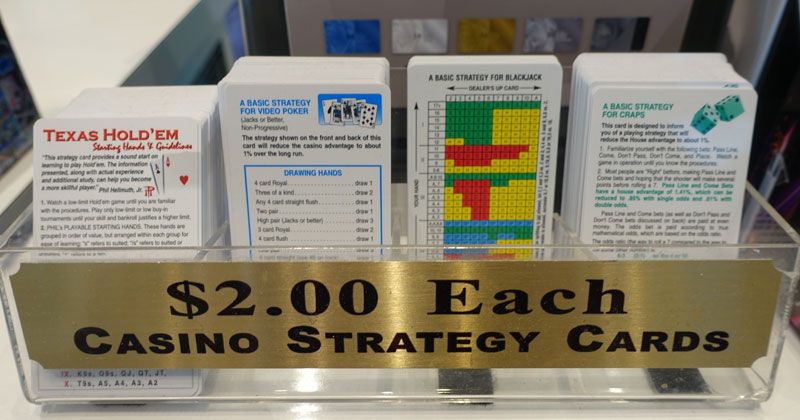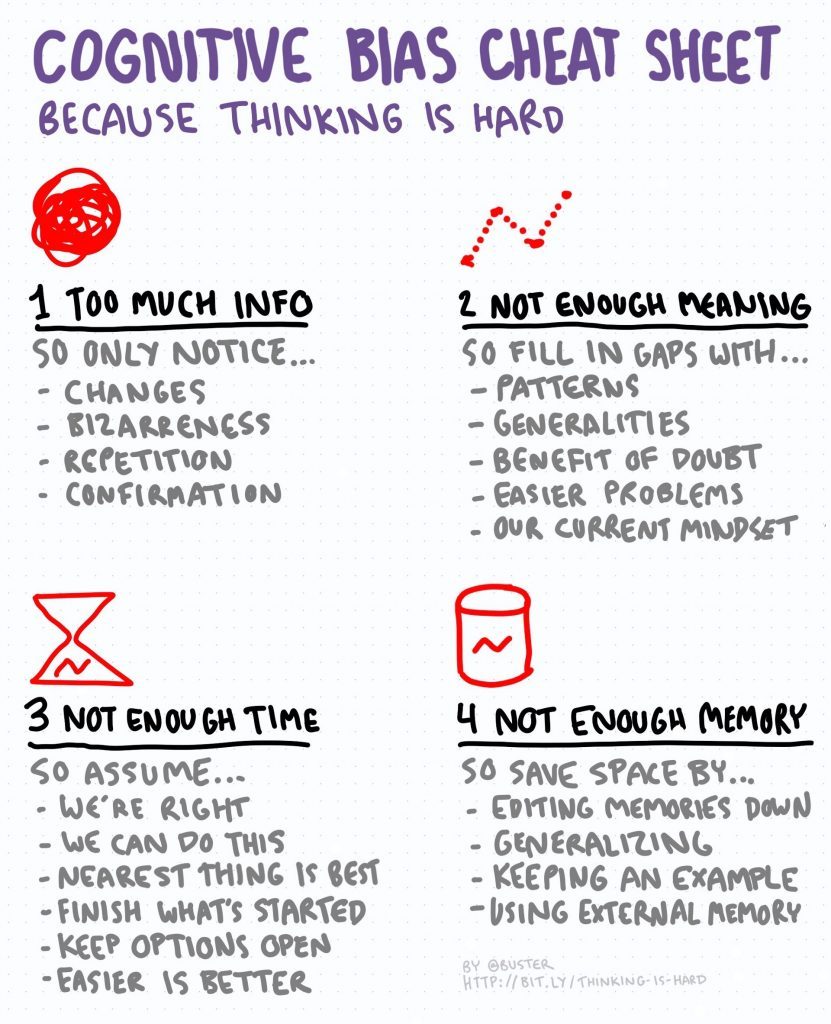Understanding How Cognitive Biases Shape Gambling Decisions
Both novice and experienced gamblers can find themselves swept up in beliefs such as “red is due to hit next” after a roulette run of black numbers, or thinking a near-miss predicts an imminent jackpot. These intuitions, while compelling, are rooted in cognitive biases-mental shortcuts that lead us to faulty conclusions about random outcomes.
Even seasoned gamblers can find their reasoning clouded. Our brains instinctively look for patterns and meaning, which often leads us to irrational gambling predictions.
The Trap of the Gambler’s Fallacy
One of the most persistent thinking errors among gamblers is the gambler’s fallacy-a mistaken belief that past random events influence the future. This error is evident in roulette, where visible boards show previous spins in an attempt to draw players into thinking trends or streaks can predict what happens next.

For example, after a string of black numbers, players often assume red is "due" despite each spin remaining completely independent and unaffected by prior results. This illusion of control is so powerful that in a legendary Monte Carlo roulette game in the early 1900s, black came up 26 times consecutively. Convinced that red was certain to appear, bettors collectively lost millions before red finally emerged.
Key Types of Cognitive Biases in Gambling
Our minds foster a host of additional cognitive distortions that affect gambling behavior across different games and contexts.
Recency Bias: Often found among sports bettors, recency bias involves placing excessive weight on recent outcomes while making predictions. Gamblers may overestimate a team's chances of covering a point spread based solely on recent successes, overlooking the fact that each game’s outcome stands largely independent from previous results.

Outcome Bias: This bias is apparent when people judge the quality of a decision based primarily on its outcome, not on the logic behind the decision. A gambler might feel brilliant after a lucky win, or beat themselves up after a statistically sound play that resulted in loss.
Confirmation Bias: Especially prevalent among those seeking betting advice, confirmation bias involves cherry-picking evidence that supports your initial leanings while disregarding information that contradicts your chosen side. Tipsters and so-called experts often encourage this bias by highlighting only stats that bolster their picks.

Loss aversion is another powerful psychological tendency. Both gamblers and investors tend to fear losses so much that they hold losing positions longer than they should or chase losses, rather than embracing rational stops or walking away with reduced profits.
Strategies to Minimize Cognitive Bias While Gambling
While it’s nearly impossible to completely eliminate cognitive bias, being aware of these tendencies allows gamblers to take proactive steps to make more objective choices.
Recent research indicates that targeted interventions, such as specialized games or educational content, can temporarily curb biased thinking. Yet, outside of research settings, practical methods are available to all players:
Image Credit: top10vegas.com
- Learn the real odds and probabilities associated with each game you play.
- Rely on established strategy guides (such as blackjack basic strategy) to anchor decision-making and reduce emotional influence.
- When betting on sports or making investment choices, adopt a “blind resume” approach-focus only on relevant statistics while omitting subjective or irrelevant details.
- Weigh evidence both for and against your assumptions, avoiding the temptation to ignore information that challenges your beliefs.
- Use data-driven systems or algorithms to help make consistent, less emotionally driven decisions.
- Know your limits and set disciplined exit points to resist chasing losses.
Image Credit: medium.com
Awareness of your brain's natural inclinations offers the first step toward smarter gambling. The more objectively you can appraise your own decision-making, the better equipped you are to avoid costly mental traps.
Conclusion: Harnessing Self-Knowledge to Improve Gambling Choices
Cognitive biases are an unavoidable part of human nature, but understanding their impact empowers gamblers to make better choices. By focusing on logic, proven strategy, and objective data, you can greatly improve your odds of playing rationally-whether at the casino, in sports betting, or even in investment scenarios. Knowing how your mind can mislead you is a powerful tool-one that can help you play smarter and savor the experience, win or lose.
















